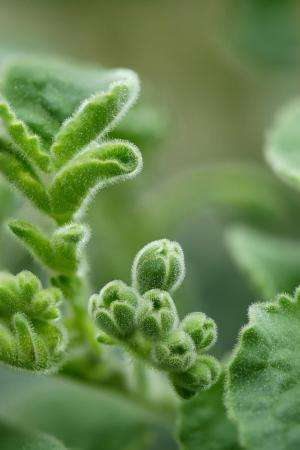Geneticists offer clues to better rice, tomato crops

Scientists on Sunday laid bare the genetic codes of African rice and a type of wild tomato, data they said should help breed more resilient crops.
Teams detailed the genome sequences of the two plant species in separate papers in the journal Nature Genetics.
"As the world population is projected to increase from 7.1 billion to over nine billion by 2050, plant biologists must forge a second green revolution with the creation of crops that have two to three times the current yield with reduced inputs (ie less water, fertilizers and pesticides)," said the rice research paper.
"Rice will have a key role in helping to solve the problem of how to feed nine billion people."
African rice, scientific name Oryza glaberrima, is more drought resistant than the much more common Asian species (Oryza sativa).
In unravelling its genomic signature, an international team of geneticists established that African rice was domesticated from a wild species in a region next to the Niger river about 3,000 years ago—some 7,000 years after the domestication of Asian rice.
While more work is needed to pinpoint the individual stress-resistant genes, the team said publication of the genome presented "an unprecedented opportunity" for breeding new varieties of high-yield, drought-resistant crops.
The second study, into the inedible, wild South American tomato Solanum pennellii, managed to identify key genes linked to dehydration resistance, fruit development and ripening.
The species is already used to improve the cultivated common tomato, Solanum lycopersicum, through interbreeding.
The new data may help breed even tastier, more stress-tolerant tomatoes, said the study authors.
More information: Nature Genetics DOI: 10.1038/ng.3046
Journal information: Nature Genetics
© 2014 AFP


















